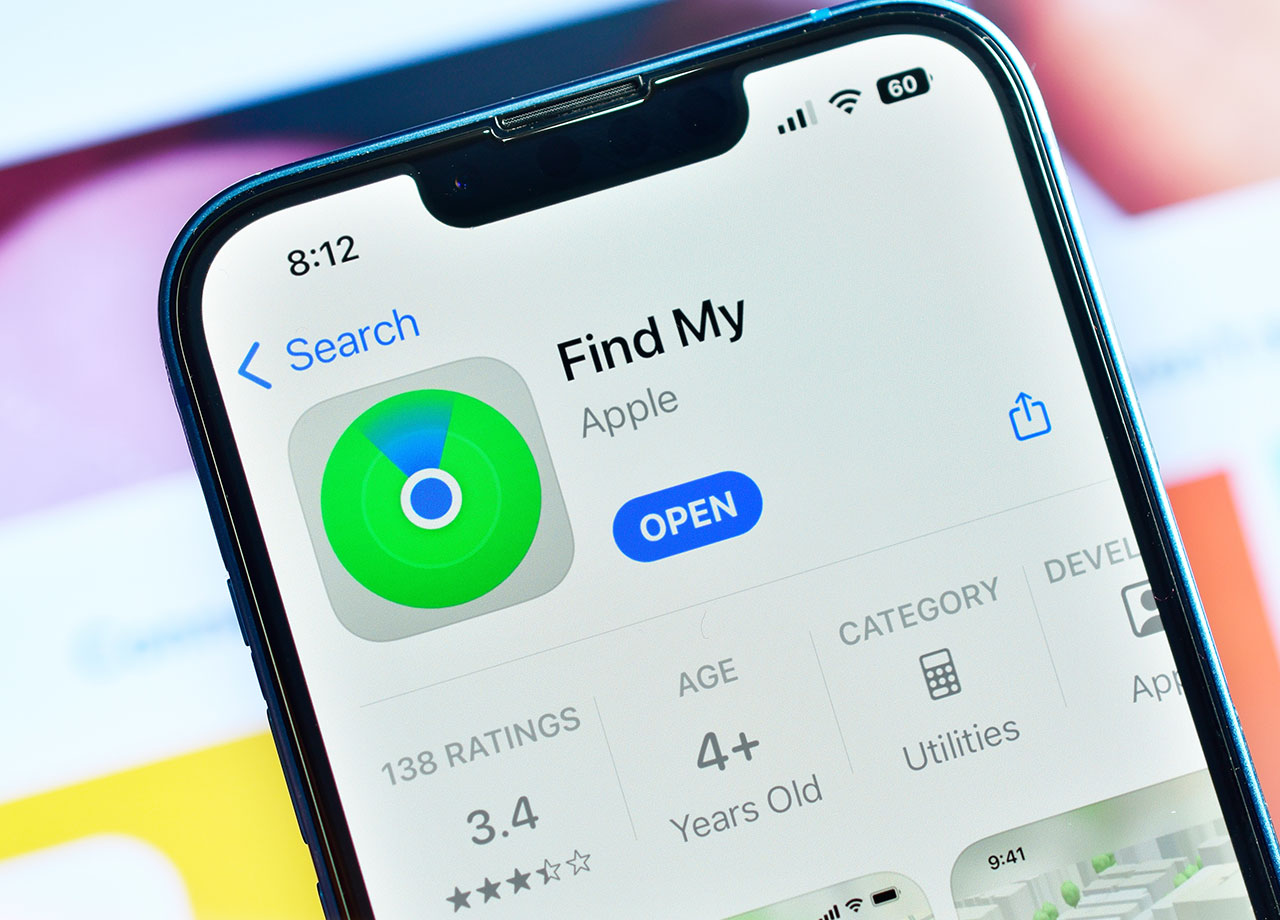You may think your iPhone is working in your favor at all times. What else should you expect from a device that costs three figures (sometimes four) and that you use for everything under the sun? But there are certain settings on your phone that are enabled — right this very minute — that are invading your privacy and killing your battery.
Unfortunately, the onus is going to be on you to find out which settings are causing this chaos so that you can disable them ASAP. Luckily, you’ll have help in this area from some experts:
Turn off these iPhone settings as soon as possible to reduce the battery depletion, location tracking, and data collecting they’re inflicting on your device.
Cell Network Search
Apple uses cell phone towers to figure out your location so that it can send you targeted ads. Prevent this from happening by turning off Cell Network Search. And don’t be intimidated by Apple’s attempt to scare you into thinking you need this service so Apple can provide the best location services. Your GPS does a better job of that.
Network & Wireless
When you attempt to turn off Network & Wireless to save battery power, you’re confronted with another Apple warning: turning off location for networking and wireless may affect Bluetooth, Wi-Fi, and Ultra Wideband performance. Unless you’re okay with your phone sending info to Apple about where you use Wi-Fi, feel free to turn off this setting.
Significant Locations
Apple and their partners gain so much insight into your locations — including everywhere you’ve been — when you have Significant Locations enabled. If this creeps you out, turn off the setting.


Routing & Traffic
The Routing & Traffic setting periodically sends your GPS data, how fast you’re traveling, and even the barometric pressure of your location to Apple so that they can use this information at their discretion. If you agree that this is not relevant information for them to have at their disposal, turn it off.
Device Management
In the wrong hands, Device Management can be a concerning setting because it’s designed to be invisible. In other words, if someone else is managing your device, you aren’t supposed to know about it. This works fine if you work for a corporation, where you expect your IT department to manage your devices and be monitoring for certain activities. But on your personal device? The last thing you want is to be surveilled. Turn off this setting — just in case.


























